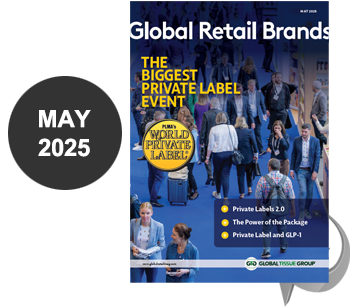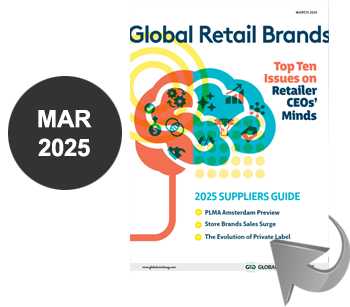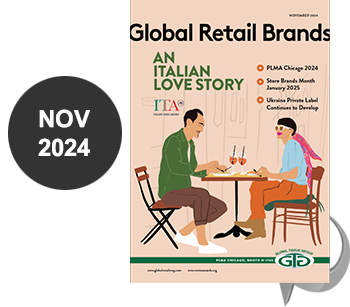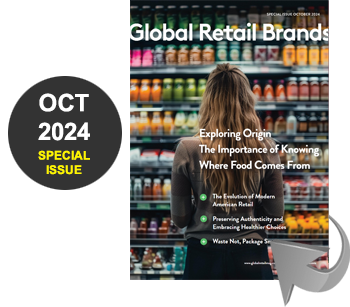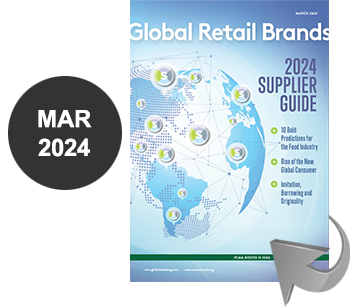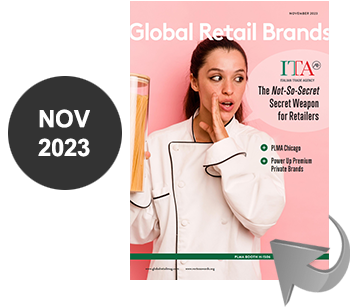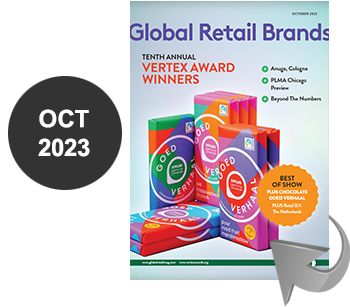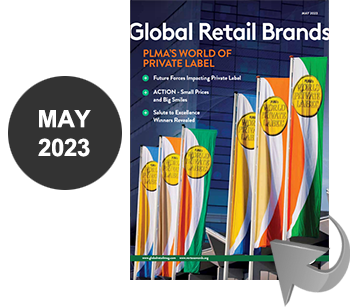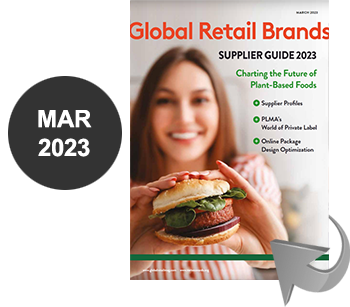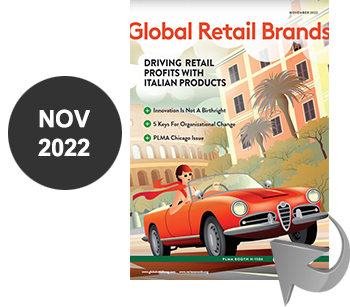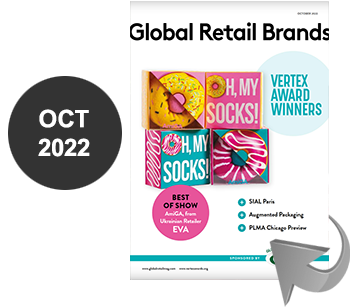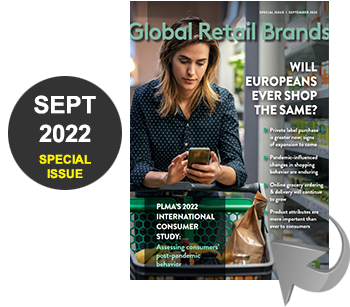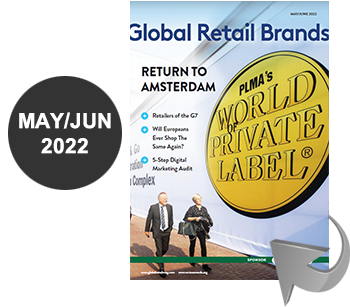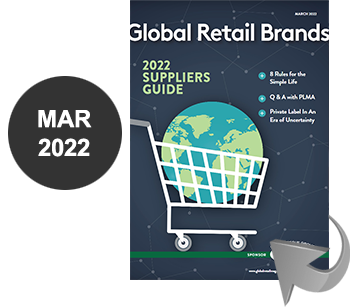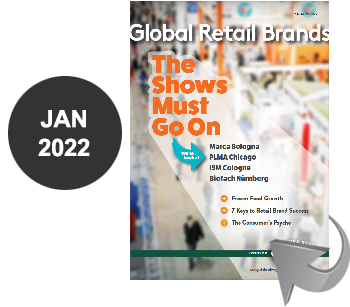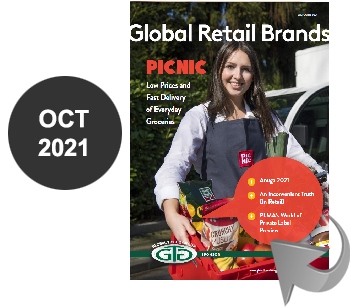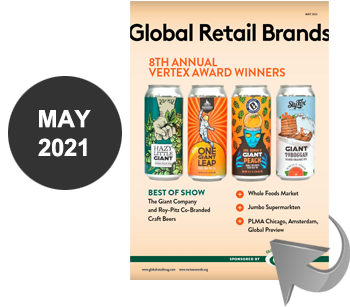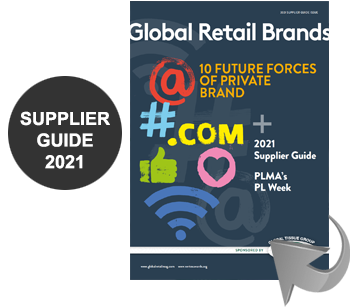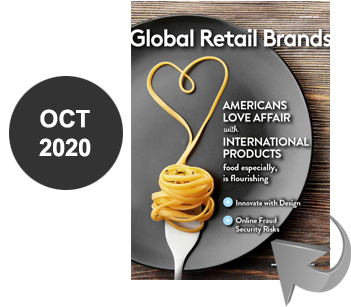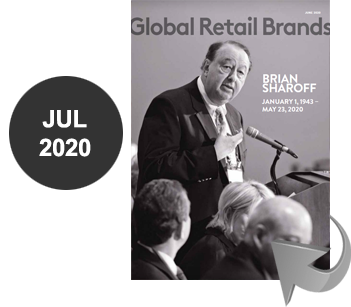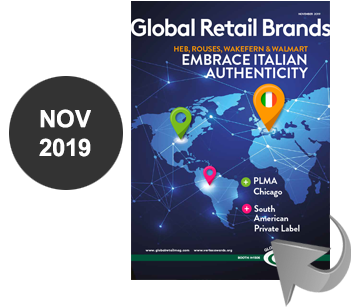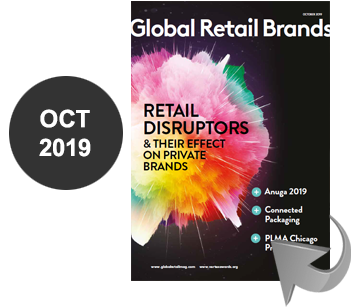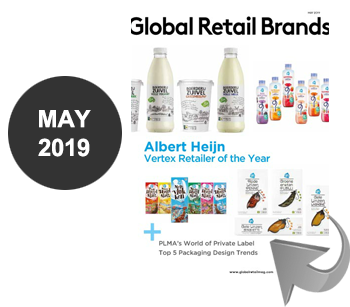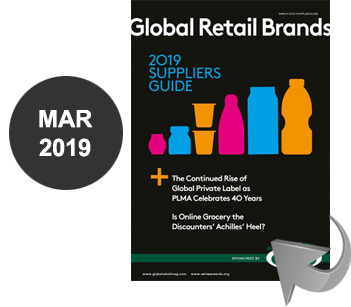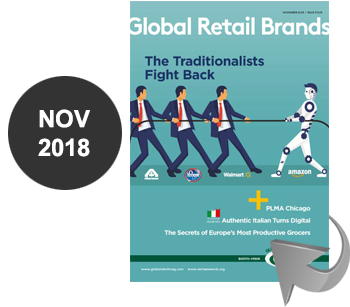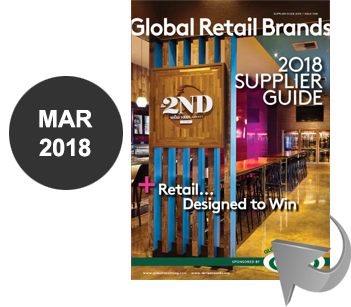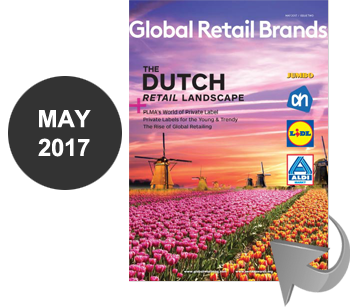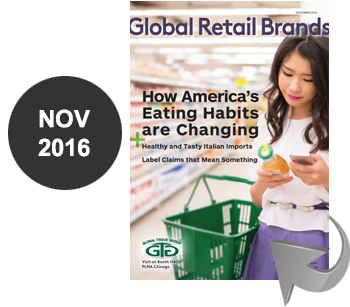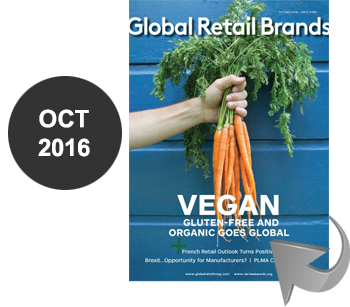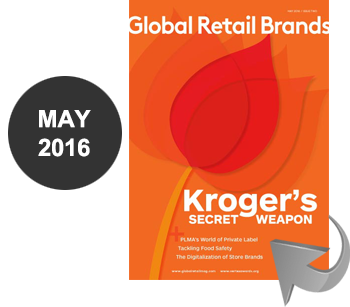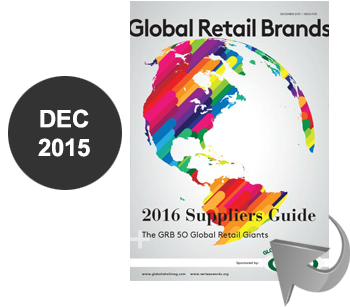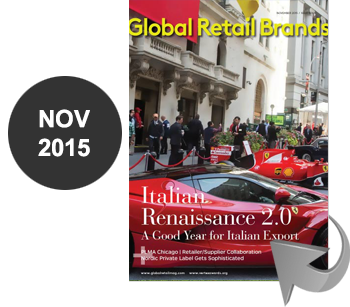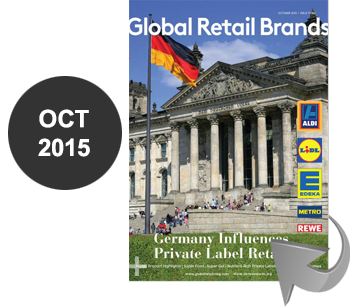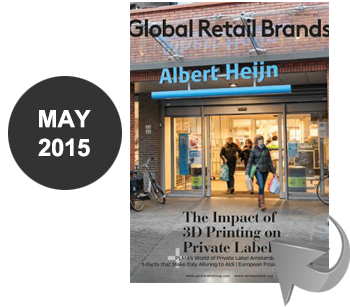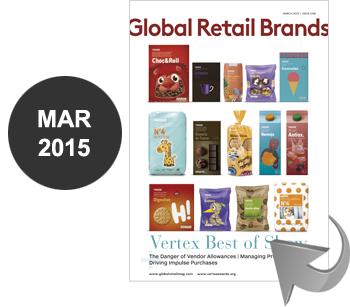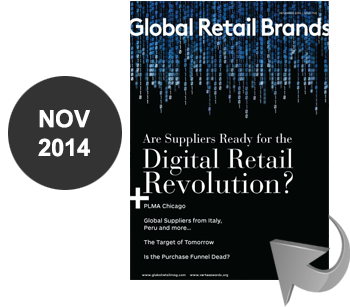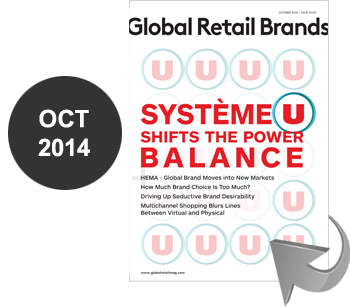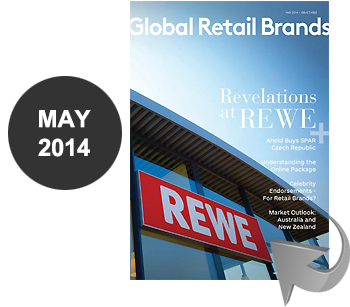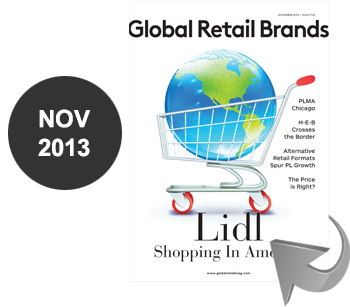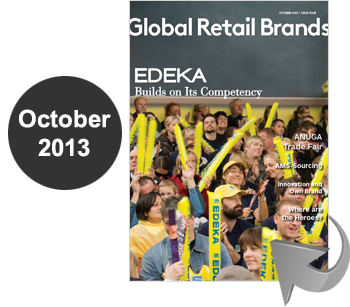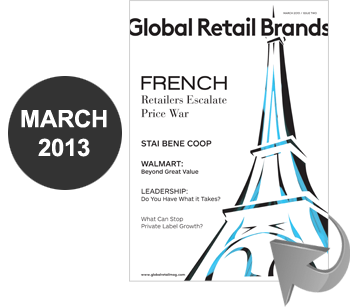Trends Explored during WeCosmpprof

The NPD Group report on consumers’ trends
– The keywords for the cosmetics industry that have emerged in recent months are:
1. Flexibility
2. Tenacity
3. Resilience
– By analyzing the specific consumption for the cosmetics industry, Germany and Canada show a better reaction all over the world, because in these countries, retail shops remained open even during the months of the lockdown.
– In general, the sector that has suffered the most is make-up.
– Consumption has shifted from the retail dimension to the online one: Direct-to-Consumer / DtC has become an important alternative, thanks to digital technologies and e-commerce. However, it is important to note that the maximum growth values of e-commerce have never reached the volumes of brick & mortar stores. In the summer months, once retailers opened, they once again became a point of reference for consumers, especially as regards the make-up and fragrance sectors. On the other hand, skincare and hair products remained the domain of e-commerce. In any case, brick & mortar proves to be still a key element for consumption, and of vital importance for the return to normality.

– Another element that emerges from the data: consumers use fewer make-up products. The GenZ in particular is leading this trend. Instead, the use of skincare products is growing, with innovative solutions such as products that protect against the blue rays of mobile devices, color-moisturizers (more sustainable because a single product is used, with a reduction of resources and waste) or new ingredients such as CBD.
– The Spa moves into our homes: the consumption of fragrances for environments, but also devices, facial treatments, hair or nails are increasing.
– The consumer is more inclined to choose brands that share the same values (cruelty free, vegan …)
The report also analyzes consumption trends for the future. These are trends that were not born as a consequence of the covid: these are all issues that have been influencing consumption for some time, the covid has only accelerated their development.
Short-term market trends:
- Online: the growth of online volumes has slowed, there will be an optimization between online and retail. For e-commerce, a discriminating element is the now frequent delay in shipments, due to the volumes of the products to be moved, which is also undermining the earnings of appointments such as Cyber Monday or the Prime Days.
- Promotion: consumers want to have an idea of the real value of the products they buy.
- Make-Up: it will still be a key sector, because rebound offers many opportunities
Long-term market trends:
1. Health & Wellness: attention to the safety of products and their effectiveness for our well-being.
2. Consumers’ quest for value: the intrinsic value of the product (its history, quality and safety standards) are even more important than the price in the purchase choice, despite the general attention paid to expenses.
3. Integration of E-Commerce: new online shopping platforms are entering the market, from social networks to videos that allow live purchases.
4. Sustainability & Social Responsibility àAdvocacy Brands: more and more brands that embrace social or political missions will win the favor of the public, as long as they have an authentic attitude.
New rules for consumer engagement for the next decade (analysis actually focused on the next 3 years maximum):
| DON’T | DO |
| Renovate | Innovate: choose something disrupting! |
| Target demographics | Target Psychographs |
| Rely on familiar | Push boundaries |
| Green-wash | Sustainability |
| Focus on profit | Focus on purpose: the brand must have a mission, a specific identity and history |
| Be everything for everyone | Embed your values: be authentic! |

Retail vs Online: Which are the Perspectives for the Two Channels
– Evolution of the fundamental channels for the cosmetics industry: retail and e-commerce.
– Since the start of the lockdown, the whole world seems to have adapted to the delivery philosophy. “Walking through our streets, we can give a market analysis simply by analyzing the boxes delivered on the doorsteps”. The world of e-commerce seems to respond to the primary needs of today’s customer, because it prefers a virtual and secure dimension, facilitates the shopping experience, allows insights and new knowledge, and makes it easier to customize your purchase.
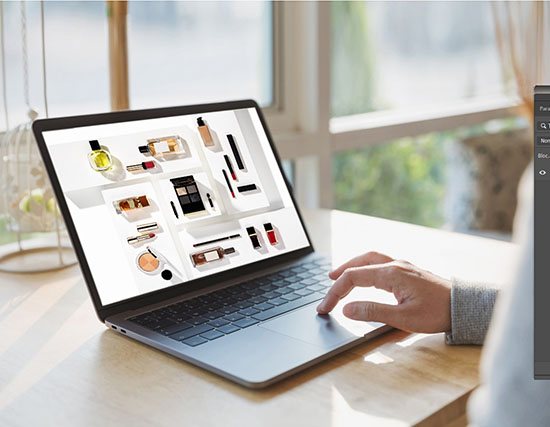
– Yet, we all remember the lines in front of the stores during the lockdown, and we all felt the lack of physical stores. It therefore becomes clear that we need the store as a moment of socialization and interaction with others. Retail therefore becomes indispensable when it offers services that cannot be delivered at home: interpersonal connection, the pleasure of the experience, the emotion that arises from the interaction with others and with the product.
– Kuehlwein focuses on the social meaning of shopping: on the one hand, because it is part of the sociality of individuals, on the other hand, the moment of shopping can take on such a predominant emotional value that it becomes prestigious to share it, and make everyone know about our experience through social media. “Retail must go beyond the material dimension, it must know how to impose itself as an indispensable and irresistible element”, underlines Kuehlwein during his speech. “It must give value to the time spent on the purchase, and become a unique moment in my daily life”.
Ivy Shen, Senior Expert, Beauty Category Management of Alibaba.com
Retail takes on a completely different value compared to online shopping, finding its own development path. The two channels can and must coexist: there is no doubt that e-commerce has brought enormous advantages for the survival of cosmetic companies during the lockdown. The growing attention to the safety of the shipping and delivery procedures of the products, the immediacy of the purchase in moments of health emergency, the ability of the web to give voice to small and large companies in equal measure, giving greater importance to concepts such as innovation, ethical responsibility, customization: these are the elements that distinguish e-commerce, and that define its development parameters in the near future.

New Technologies and Their Impact on the Beauty Industry
- The key word today is “contactless”, to avoid the risk of contagion and always be able to operate in total safety.
- The latest technologies of augmented reality, artificial intelligence and virtual reality, allow you to test and buy a product without even touching the screen of our smartphones, but using only gestures and voice commands to proceed in the various phases.
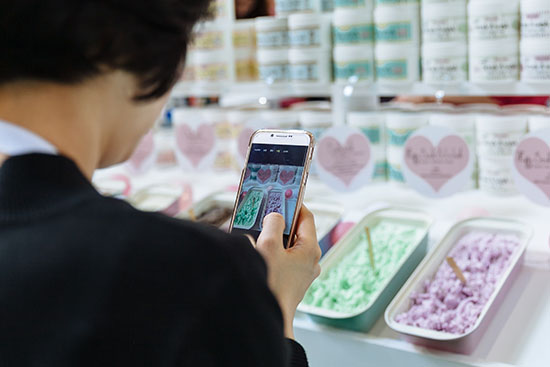
- The most innovative algorithms recognize every characteristic of the consumer, from color to skin type, from age to needs and damages related to the environment in which we live: an infinite amount of data, the true heart of artificial intelligence, which allow companies adapt perfectly to the needs of the individual customer.
- This combination of technological tools leads to the creation of a parallel reality, of an avatar that overlaps our physical person, and the most advanced brands are riding this trend, creating video games and interactive simulations aimed at involving and entertaining the consumer in a new virtual sphere.
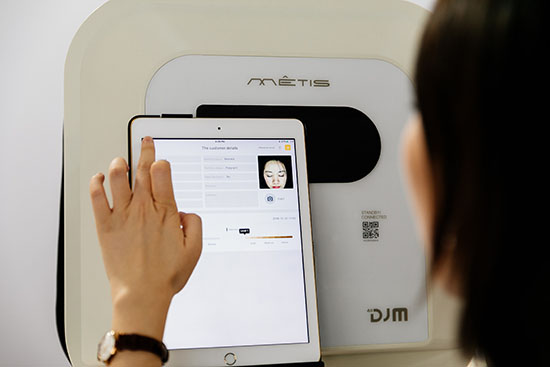
- The blurred boundary between reality and the virtual world is also reflected in the balance between personal care and psycho-physical well-being. An ideal of beauty that combines a positive emotion and a state of inner serenity with purely aesthetic effects is increasingly popular. According to Raskin, these are the trends that will also influence retail in the coming years: it is no longer just the quality of the product that counts, but also the context in which it develops, exhibits and sells. “Product stores will have to combine experience, well-being and personalization, and only the most advanced technologies can lead to a synthesis of these three cornerstones”, concludes Raskin.




